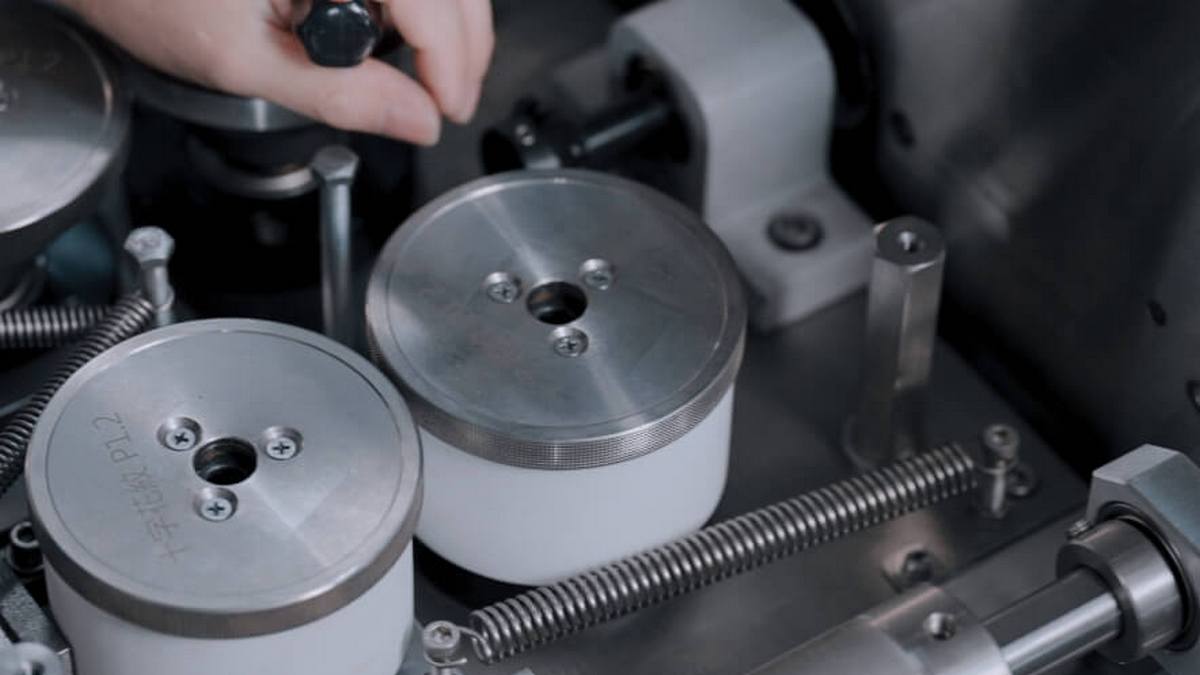The Electronic Manufacturing Service (EMS) industry is moving towards advanced manufacturing and improving supply chain resilience management models. Actively enhancing the resilience of manufacturing and global supply chains will create a new era of manufacturing in Taiwan.
What are Electronic Manufacturing Services (EMS)?
Electronic Manufacturing Services mainly span industries such as consumer electronics, communication equipment, computers, and network equipment, and specifically refer to manufacturers that provide a series of services such as manufacturing, procurement, partial design, and logistics for electronic product brand owners.
Compared with traditional OEM or ODM services that only provide product design and OEM production, EMS manufacturers provide knowledge and management services, such as material management, logistics transportation, and even product maintenance services. EMS is a full-line service, including product development, product production, which of course includes product procurement, product quality management, and transportation logistics, and the general EMS industry chain includes the above.
In 2020, the global output value of EMS was about 550 billion US dollars, and Taiwanese manufacturers accounted for 70% of the output, ranking first in the world. Since the 1990s, collaborative models of upstream and downstream supply chains of the EMS industry have developed into long-term partnerships. However, under the influence of the China-US trade war and the COVID 19 epidemic, the global industry is facing supply chain restructuring. How to respond to the market's chain disruption test is also the key to improving the resilience of Taiwan's manufacturing global supply chain.
Global Electronic Manufacturing Services (EMS) Status:
The global electronic equipment manufacturing services (EMS) market is a decisive force in the production of electronic products and now accounts for 43% of all assemblies. Outsourcing growth was unusually high in 2020 compared to the previous year, despite the COVID-19 crisis threatening supply chains and labor. The EMS industry grew by approximately 7.1% in 2020 due to sales growth, mainly for products like notebook computers, Internet and cloud servers, and smartphones. The digital transformation of supply chains for the electronics manufacturing service industry promoted the move towards high-end manufacturing. High-level manufacturing policy goals include promoting the digital transformations.
Taiwan's electronics manufacturing service industry promotes Automated Optical Inspection (AOI) defect detection technology, an inspection system that uses a common data exchange framework for equipment used for the inspection of surface mount technology (SMT) processes. AOI/AI’s open format data transmission and SMT process equipment are combined to form a standard output structure. Common industry standards and specifications are promoted to standardize SMT and AOI defect detection technical guidelines.
By combining flexible manufacturing, AI, robotics, and other intelligent/automation technologies, high value-added products can be developed, and complete product traceability management systems that meets customers' needs for traceability of small and diverse products can be established. To promote a uniform structure of SMT equipment processes, it is recommended that major manufacturers tap into the energy of Taiwan's system integration to promote the digital transformation of the supply chain systems. By establishing transparent production lines, and introducing intelligent supply chain management, industries will improve overall quality and receive broader recognition.
Import AOI defect detection into SMT process
The electronics information industry is using digital transformation to upgrade to high-end manufacturing, and the SMT process is becoming more and more complex. Improved quality testing will play a more important role in helping customers improve production capacity and accurately control product quality. Reducing the misjudgment rate of AOI is a difficult challenge for the industry to break through, as manual re-inspection still increases production costs by 10-15%. Dissimilar smart detection systems, developed by different manufacturers, face the problem of having incompatible cross-factory and equipment manufacturer data systems. By promoting a common framework for defect categories and inspection data, the Industrial Trade Union Federation is helping EMS operators identify the source of process problems. In the future, operators can use fast and effective analysis tools to shorten engineering time. As the global manufacturing industry gradually moves towards a "small quantity, diverse, and customized" production model, we are committed to solving current problem of production lines which rely on human re-inspection to ensure stable and efficient operation.
The transformation and upgrading of the electronic information industry towards high-end manufacturing
Taiwan plays an important role in the global manufacturing supply chain. With the widespread application of AI, artificial intelligence, and big data, industries in various countries are facing pressure to upgrade and transform. To promote the transformation and upgrading of the electronic information industry towards high-end manufacturing, various industry associations cooperate to promote the transformation and upgrading of intelligent manufacturing of PCB, passive components, and LEDs. Facing a new wave of industrial competition, especially with the latest generation of electronic products, EMS factories will be driven to transform and upgrade production processes, control costs, and improve supply chain collaboration. With the introduction of common standards and applications, the industry bottlenecks of high-end manufacturing will gradually be removed.
Smart Manufacturing Innovation Era
EMS providers are faced with three major challenges: the high complexity of production processes and quality control; the high demand for connection of production process data; and the high complexity of cross-border production and supply chain systems. The Taiwan government promotes the “Smart Machinery Industry Promotion Program” which aims to construct a complete ecosystem of smart devices. Assisting key manufacturing industries in introduce smart manufacturing will make Taiwan a smart manufacturing R&D base. Focus will be made on dispersing production, strengthening flexibility and resilience, and establishing production bases close to the final consumer market. To enhance the value of R&D, the EMS industry must develop cross-border and cross-domain cooperation in key industries such as electric vehicles, advanced medical care, national defense, and aerospace, etc.
Focusing on strengthening industrial clusters for production, shaping a complete value chain, deepening the integration of software and hardware towards intelligence, strengthening the application of 5G and AI, and creating green supply chains with net-zero carbon emissions, will all make Taiwan a major green power country and high-end manufacturing center in Asia.











.jpg)


